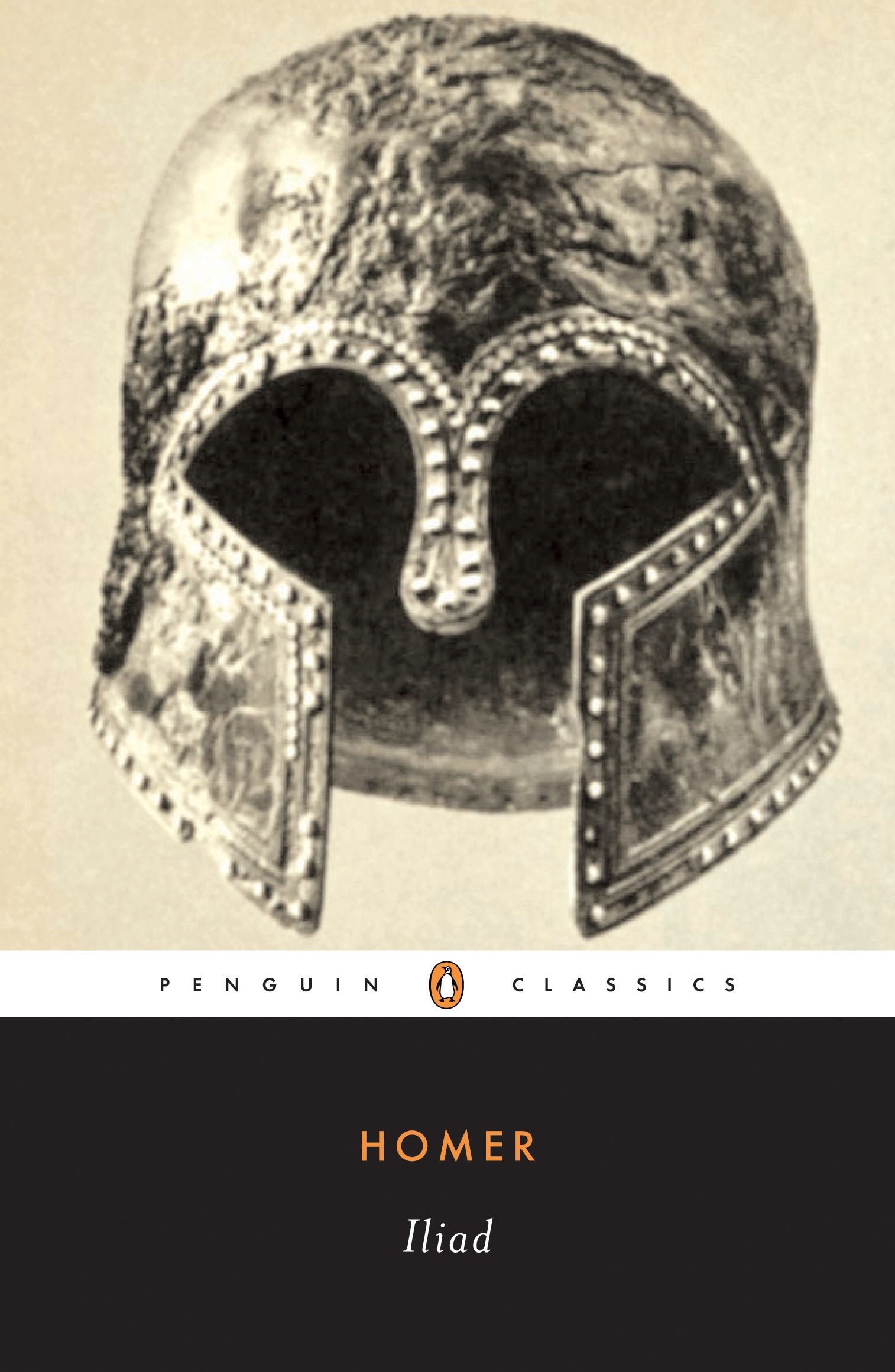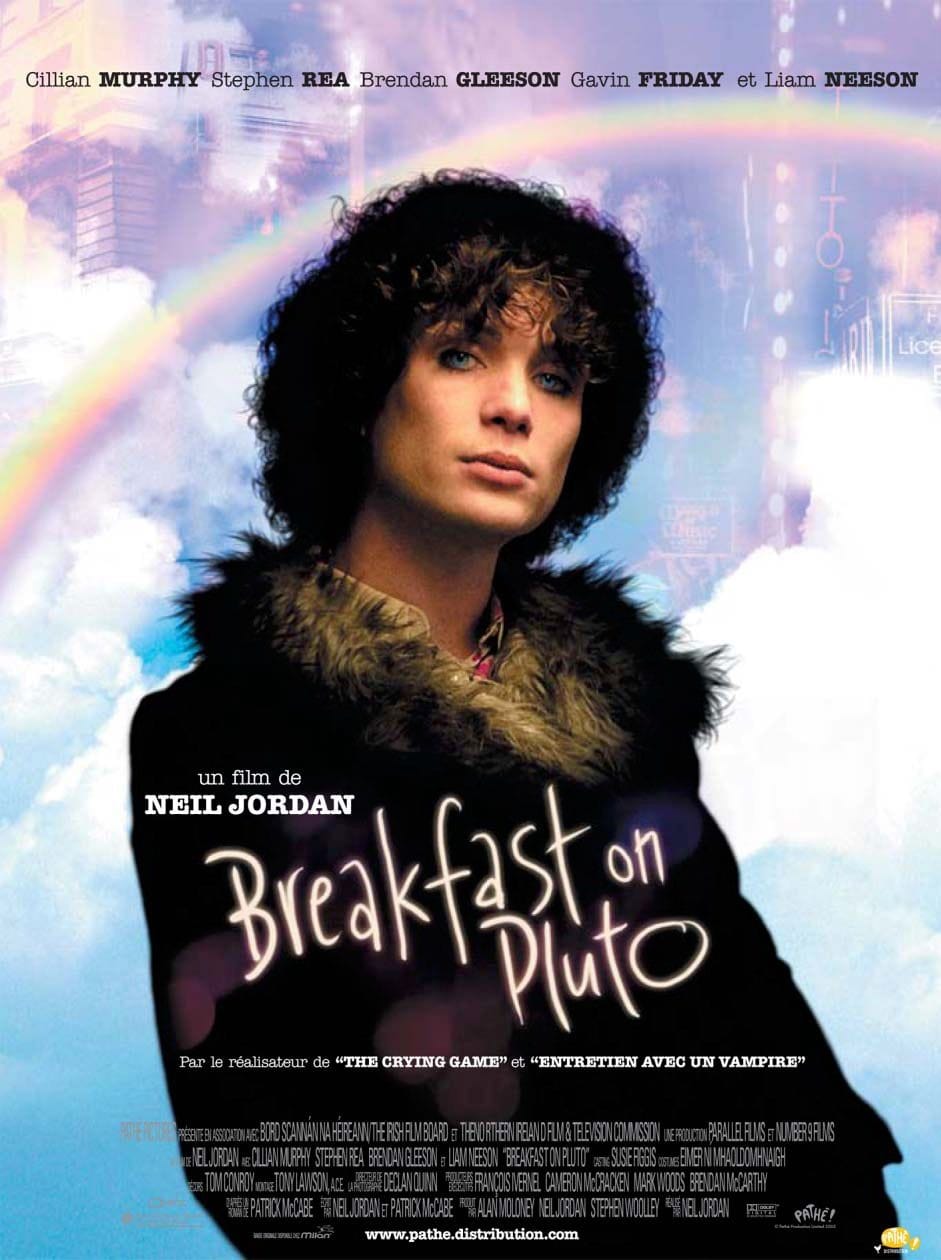Mary Shelley's Frankenstein was revolutionary as being part of the gothic revival in the British Romantic era. This meant that it was filled with controversy and poetic language - the question of the fine line between morality and liberation was always blurred and the scientific analysis behind it made it heavily controversial for its time. Obviously, when we look back into the history of authorship - it was more controversial for such topics to be written about by women than anything else. But, a strong activist and a strong atheist, Mary Shelley (and her husband, poet, PB Shelley) made a fortune off selling their life-changing fiction with Mary debatably more famous than her husband. This is only because Mary Shelley, at 19, created the world's first real Sci-Fi novel.
Characters:
Okay, so my favourite character was the monster. But, this was not for sympathetic value - but for the way he introduces his narrative in Chapter 11. He explains the art of discovering the senses and Mary Shelley writes this so intricately that we can almost believe that this is a real sensation of discovery. The monster creates more of an awesomeness than Victor did with creating him - it is almost as if the monster foreshadows himself becoming more powerful than his maker. This character persona of the monster is then exemplified yet again in the novel with the deaths of Elizabeth and Justine.
Themes:
My favourite theme in this has got to be exploration of the self. The act of exploration and discovery runs throughout the novel in three different narratives: the first being that of Robert Walton in the first four letters. Robert Walton explains himself going on an expedition and this is done in letters to his sister - not only does he describe the place as "the seat of frost and desolation" but he also explains his explorations of his own emotions as his "hopes" become "depressed" and he becomes more and more uncertain. This is also foreshadowing the next narrator of exploration of emotion and the self; Victor Frankenstein. Victor explains that (in Chapter 10) he is now becoming slightly weary about creating the monster he was once so interested in - now worried that it was the wrong thing to do, he sits to listen to the tale of self discovery told by the monster themselves (beginning Chapter 11). This, therefore puts us into the 'listener' shoes for the next chance at exploration of the self - the monster. The monster narrates this section as his own exploration of everything in the world once he has been created. He explains that he explores the sun, the moon, the sensations of being and the very emotions of existence itself. So raw and unlike Robert Walton's discoveries - it is like we are reducing ourselves. At first, we have Robert Walton, who is an educated man who has his "hopes fluctuating" by the middle of his journey. Then we have Victor Frankenstein, who believes he can play God. Obviously, he too is educated - but not educated enough to know that it is illegal to steal the parts of dead humans to create a monster. We are reduced in the discovery of self from Robert to Victor. We are then reduced again to the discovery of self in the monster - which is completely new and impulsively animalistic.
Storyline:
After reading this book many times over many years - the narrative is still the best part of the storyline. Each narrative brings a different perspective on to the novel and treats people differently. I mean, I love the way the monster describes Victor, because the only question you can ask yourself afterwards is: Who is the monster, really? And you get an ambivalent answer until the end of the novel. Robert Walton's section seems a little irrelevant until you get to the end. All in all, the narratives are like pieces of a jigsaw that all fall into place by the end of the novel - very cleverly as well.
Verdict:
I give this book a 9.
100% for characters: This is a brilliant novel for studying the perspective of character and the binary opposition of hero/villain and God Vs Creation - the relationship between Victor and the Monster offer such interesting pieces of analysis that will be studied for centuries to come.
100% for themes: The theme of exploration and discovery of the self is brilliantly put forward in the theory of reduction and the act of attachment and separation. This is only able to be viewed through the rotation of the narrative from Robert to Victor, then to the Monster, and finally back to Robert.
100% for storyline: This storyline has endured over a century of radical belief and scientific grotesqueness and I believe that this novel will always mark the beginning of the modern horror era. This was the book that began all the horrific beauty of the Gothic Revival blended with the picturesqueness of


















